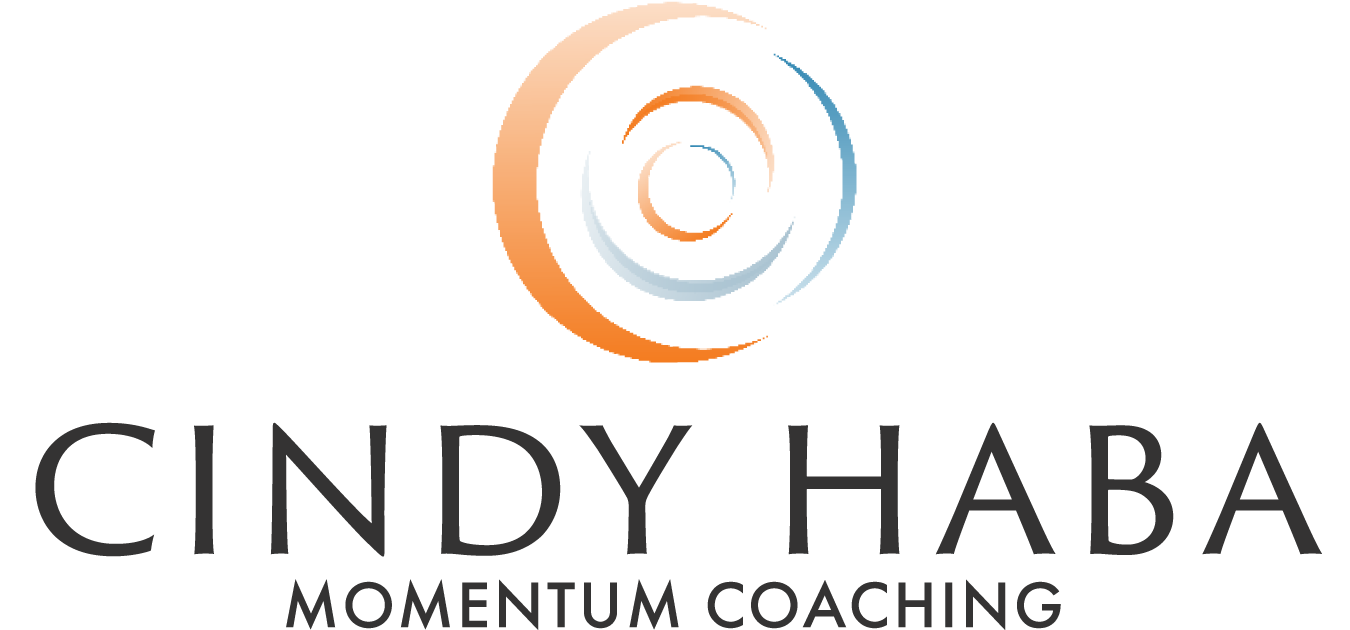How to Answer the Question - Why Did You Leave Your Last Job
The Momentum Files #15
How to Answer the Question - Why Did You Leave Your Last Job
How to answer this dreaded interview question
You’re sitting across from a potential new employer discussing what could be your next career opportunity (and a dream opportunity at that!). The conversation feels easy and natural. You’re showcasing your confidence and all the reasons you are a perfect fit.
Then you hear it.
Your heart begins to beat a bit faster. And is that sweat you feel breaking out on your forehead and your now slightly shaking palms?
You’ve just been asked one of the most dreaded interview questions, and it stops you in your tracks.
“So, why did you leave your last job?”
This question comes with more baggage than American Airlines. Regardless of why you’re no longer with your previous employer, you worry that discussing the situation with a potential new employer will raise red flags and pull that past baggage into the present. And then destroy your chances of securing an exciting future opportunity.
This is my advice to you.
When this question comes your way – and it will – pack away the past and focus on the future.
Here’s how you do this:
Understand that an employer asks this question to learn if you’re a good FIT for the new role and have the SKILLS to be the SOLUTION to their problems (even though it can feel like they’re poking you and trying to find out what’s wrong with you!).
Prepare your answer in advance and present it as a concise story (1-3 sentences) that showcases your confidence, your professionalism (never badmouth your former company, boss or colleagues!) and your focus on the future.
Let me share a few examples.
👉 Example #1 - You were laid off.
Any time leaving a company was not your choice, you likely worry about how it will look to a potential new employer. It never feels good.
Recommended approach: Provide context around why you were let go. Maybe your department was eliminated, or you were one of 100 people laid off. Whatever the situation, remember context and conciseness while steering the conversation toward the future.
For example: “Due to an organizational restructure, I was one of 40 individuals laid off from the company. The reason I’m here today is that I’m interested in being engaged with this industry and doing this work (briefly add why this work matters to you).”
👉 Example #2 - You were fired.
Bring on the red-flag anxiety! Will an interviewer assume you were difficult, clashed with colleagues or behaved unethically?
Recommended approach: Alleviate concerns by sharing your key learning takeaway. Talk about how you would avoid a similar situation or how you’ve shifted your focus. Again, state your takeaway and then shift focus to the future.
For example: “My manager and I had different viewpoints. While she was focused on building out new features, I believed we needed to address the technical gaps before we could be successful. She was incredibly driven and had great vision. But it became clear that I needed to work somewhere with a greater emphasis on solid IT structure and clean code. After talking to people here, I have a strong sense that this is important in your environment, and I’m excited about the tech opportunities I would have to add value to the team.”
Remember, what a potential employer really wants to know is, “Will you be a problem for me or a solution to my problems?”
👉 Example #3 – You left voluntarily.
If you’ve moved through several companies over the years, you’ll want to avoid being labeled a job hopper. It’s expensive to hire people, and employers want someone who will stick around.
Recommended approach: There are many reasons why people choose to leave (they move across the country, the company was sold, there was no room for further growth, the commute became a nightmare, etc.). Briefly explain why you left your last company and transition to the valuable takeaway that highlights your value and fit.
For example: “I had a desire and need for growth, and when I explored new opportunities within my old company, I found that they were often limited and not a good fit. That’s why I’m excited about this role and your company where you’re dedicated to promoting from within and employee development. I see opportunities to grow my career with your firm, and I’m excited to be talking to you about this.”
You are in control of your story and how you tell it. Sticking to these approaches and preparing before an interview will ensure that you speak confidently and concisely - and keep the focus on your fit and your future.
No baggage required.
I’d love to hear what you think! Reply and tell me which approach works for you!
To Your Success!
Cindy Haba
P.S. I’ll be sharing something cool and exciting with you soon - - - details about my new intimate group coaching program that will get you “job-ready” in 8 weeks! Reply and tell me if you’re interested to know more, and I’ll let you in on the details (before anyone else even knows about this!).
Know someone that would enjoy and benefit from this content? Feel free to forward my newsletter, or share this link for them to sign up!

